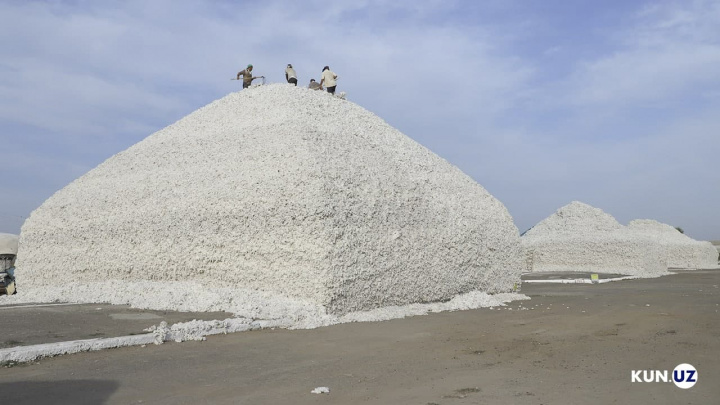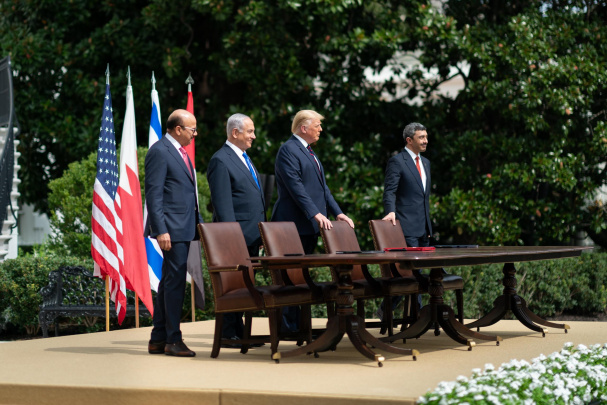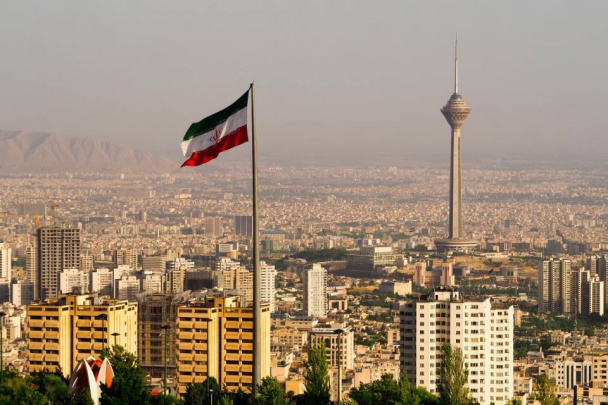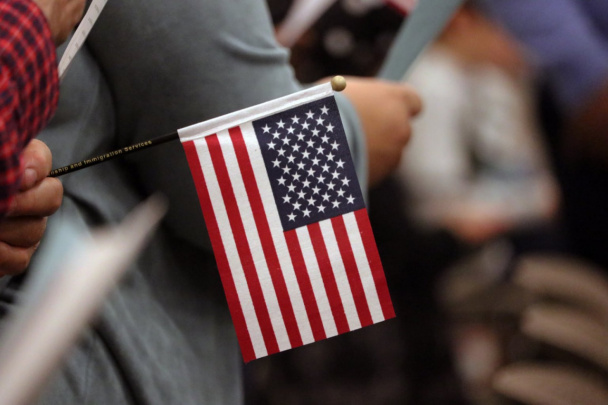U.S. strike on Iran: Legal and ecological concerns
The United States conducted airstrikes on three Iranian nuclear facilities – Fordow, Natanz, and Isfahan – on June 21, marking its first direct military action against Iran. The operation, overseen by President Donald Trump from the White House Situation Room, has ignited fierce debates over its legality and potential ecological fallout, as discussed in a recent Kun.uz live broadcast featuring political analyst Farhod Tolipov and climatologist Erkin Abdulahatov.
The U.S. deployed B-2 bombers, dropping 13.6-ton “bunker-buster” bombs, with six targeting the heavily fortified Fordow facility, built into a mountainside and previously deemed challenging for Israel’s military. Trump claimed the sites were “completely obliterated,” asserting on social media that “Fordow is gone.” However, Iranian officials countered that they anticipated the attack, evacuating critical equipment, including uranium, hours in advance. An Iranian parliament member from Qom stated Fordow sustained only minor damage.
The strikes followed Israel’s ongoing campaign against Iran, which began on June 13. Initially, Trump advocated for negotiations, but his rhetoric shifted, culminating in a decision to join Israel’s efforts after weeks of vacillation. U.S. media described the move as Washington’s entry into a war initiated by Israel, raising fears of a broader regional conflict.
Legal controversies: A constitutional and international divide
The operation has drawn sharp criticism for bypassing congressional approval, violating the U.S. Constitution, which grants Congress sole authority to declare war. Tolipov emphasized, “This was absolutely not legal. Trump violated both U.S. and international law.” Congressional leaders, including Democrats and some Republicans, expressed outrage, with some suggesting the strikes could warrant impeachment proceedings. Legal expert John Yoo, however, argued Trump acted within his constitutional powers for a limited strike, though lawmakers continue to debate the War Powers Resolution’s 60- to 90-day limit on unauthorized military actions.
Internationally, the strikes are widely condemned as a breach of sovereignty. Russia, China, and the UN Secretary-General António Guterres labeled the action a “gross violation” of international law, warning of catastrophic escalation. The UN Security Council held an emergency session, where Iran’s Foreign Minister Abbas Araghchi called the strikes an “outrageous violation,” vowing “everlasting consequences.” The U.S. ambassador to the UN, Dorothy Shea, defended the attack as justified, citing Iran’s alleged nuclear threat, though U.S. intelligence and the IAEA have not confirmed Iran’s pursuit of a weapon or an imminent danger.
Tolipov stressed the lack of UN authorization, contrasting this with the 2003 Iraq invasion, which, despite its flaws, had UN backing. He warned that the strikes set a “corrosive precedent” for preemptive attacks on nuclear infrastructure without evidence, potentially undermining global nonproliferation efforts.
Ecological risks: A shadow of Hiroshima and Nagasaki
The targeting of nuclear facilities raised immediate concerns about radiation leaks, evoking comparisons to the 1945 atomic bombings of Hiroshima and Nagasaki. Abdulahatov noted, “If a nuclear facility exploded, it’s akin to an atomic bomb detonation.” However, both Iran and the IAEA reported no off-site radiation spikes, with sensors in Iran and neighboring Turkmenistan showing normal levels. Iran’s preemptive evacuation of uranium likely mitigated risks, though Abdulahatov stressed the need for vigilance, as hot air currents from Iran could carry contaminants to Uzbekistan via Turkmenistan in 2-3 days.
The Washington Post reported that Iran used 16 trucks to remove critical materials two days prior, a move detected by U.S. satellites with 10-20 cm precision. Abdulahatov suggested the strikes might have been an experimental test of B-2 capabilities, given the absence of significant damage or radiation. He reassured that current air currents are unlikely to carry contaminants to Uzbekistan, but cautioned that future strikes could pose risks if not similarly contained.
Iran’s response and regional tensions
Iran has promised retaliation, with options including missile strikes on U.S. bases, cyberattacks, or blocking the Strait of Hormuz, a critical oil route. Such actions could spike oil prices to $130 per barrel, according to JPMorgan. However, Iran’s capacity is weakened by recent Israeli strikes on its missile launchers, limiting its immediate response. Allies like Hamas and the Houthis vowed retaliation, while Saudi Arabia and Qatar expressed “deep concern” over regional instability.
World leaders urged de-escalation, with France, Britain, and Germany calling for diplomacy. British Prime Minister Keir Starmer supported the U.S. aim to prevent Iran’s nuclear ambitions but clarified the UK’s non-involvement. Tolipov criticized Trump’s broader foreign policy as “aggressive, not peace-loving,” citing actions in Ukraine, Gaza, and NATO relations as part of a destabilizing trend.
Looking ahead: A fragile future
As the world braces for Iran’s response, the strikes have deepened mistrust in Western diplomacy, with Iran’s Foreign Minister Araghchi traveling to Moscow for consultations with Russia. The operation, dubbed “Midnight Hammer,” targeted facilities without civilian casualties, according to the Pentagon, but its long-term impact remains uncertain. Tolipov warned that unilateral actions risk Iran withdrawing from the Nuclear Non-Proliferation Treaty, following North Korea’s 2003 precedent.
For now, the absence of radiation and Iran’s restrained initial response offer a glimmer of hope for de-escalation. Abdulahatov concluded, “The situation is stable for the next week, but we must monitor closely.” As global leaders call for restraint, the U.S. and Iran stand at a crossroads, with the potential for either diplomacy or a catastrophic regional war.
Related News

18:16 / 04.08.2025
Uzbekistan in talks to import cotton from the U.S.

18:48 / 02.08.2025
Trump administration pushes Azerbaijan and Central Asia toward Abraham Accords, Uzbekistan’s Foreign Ministry responds

14:40 / 26.06.2025
Uzbekistan may introduce visa-free entry for Iranian citizens – Embassy

11:33 / 25.06.2025



